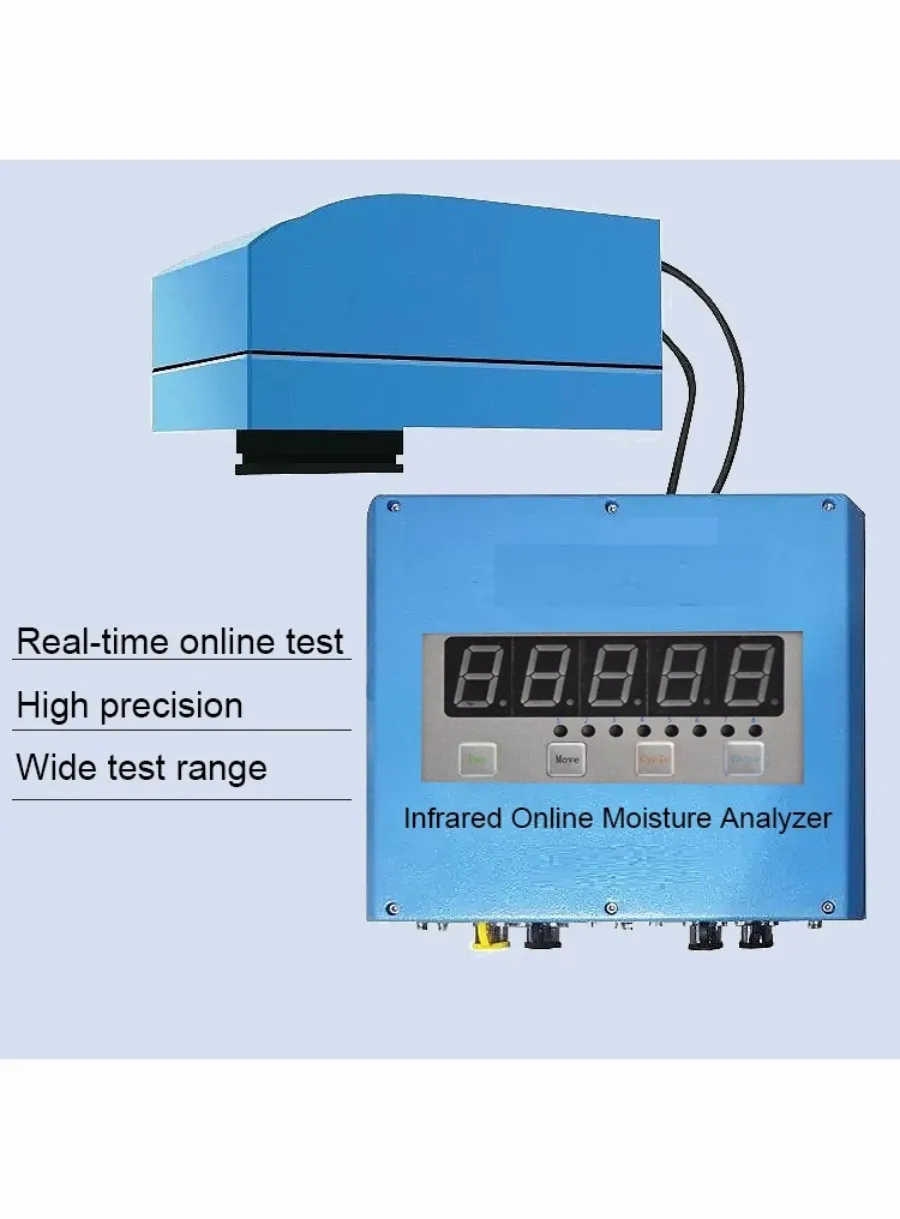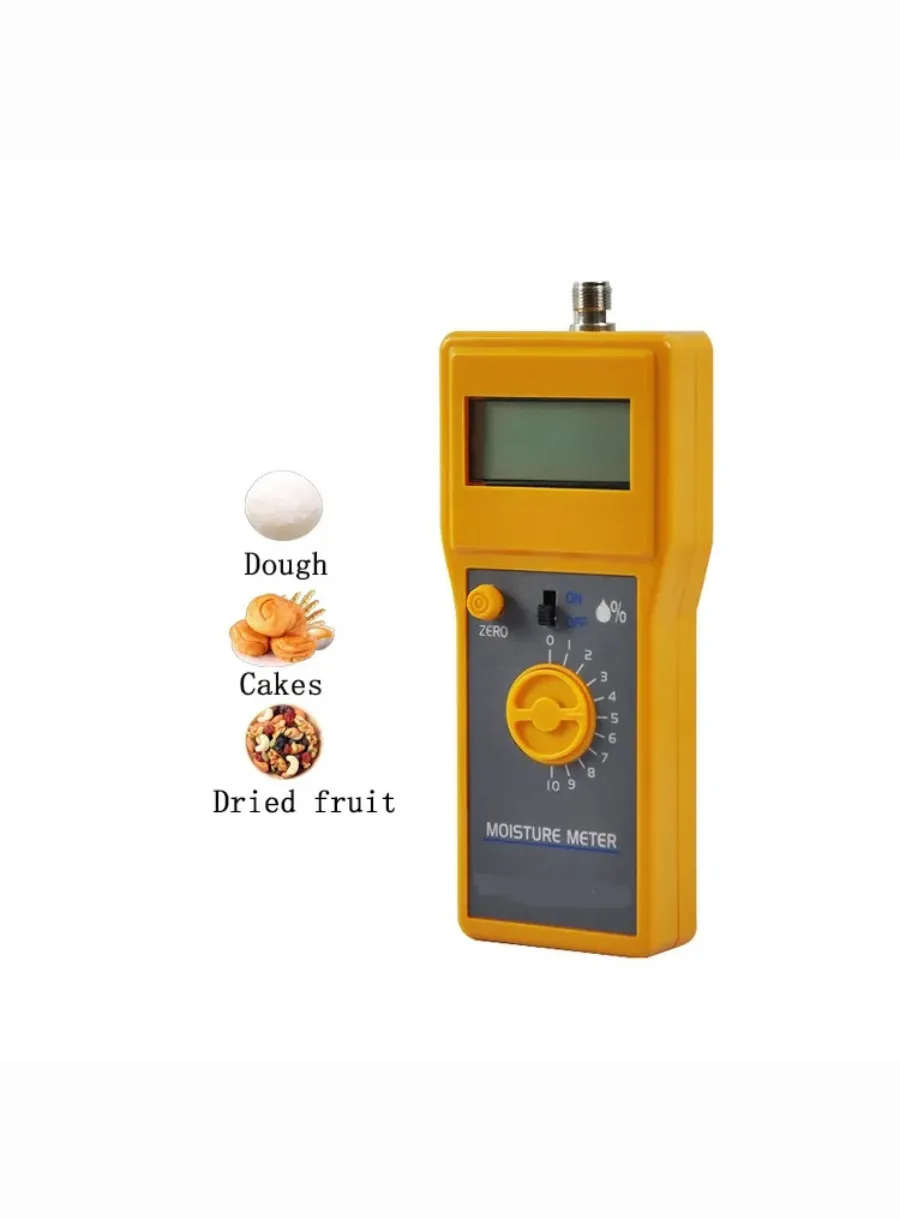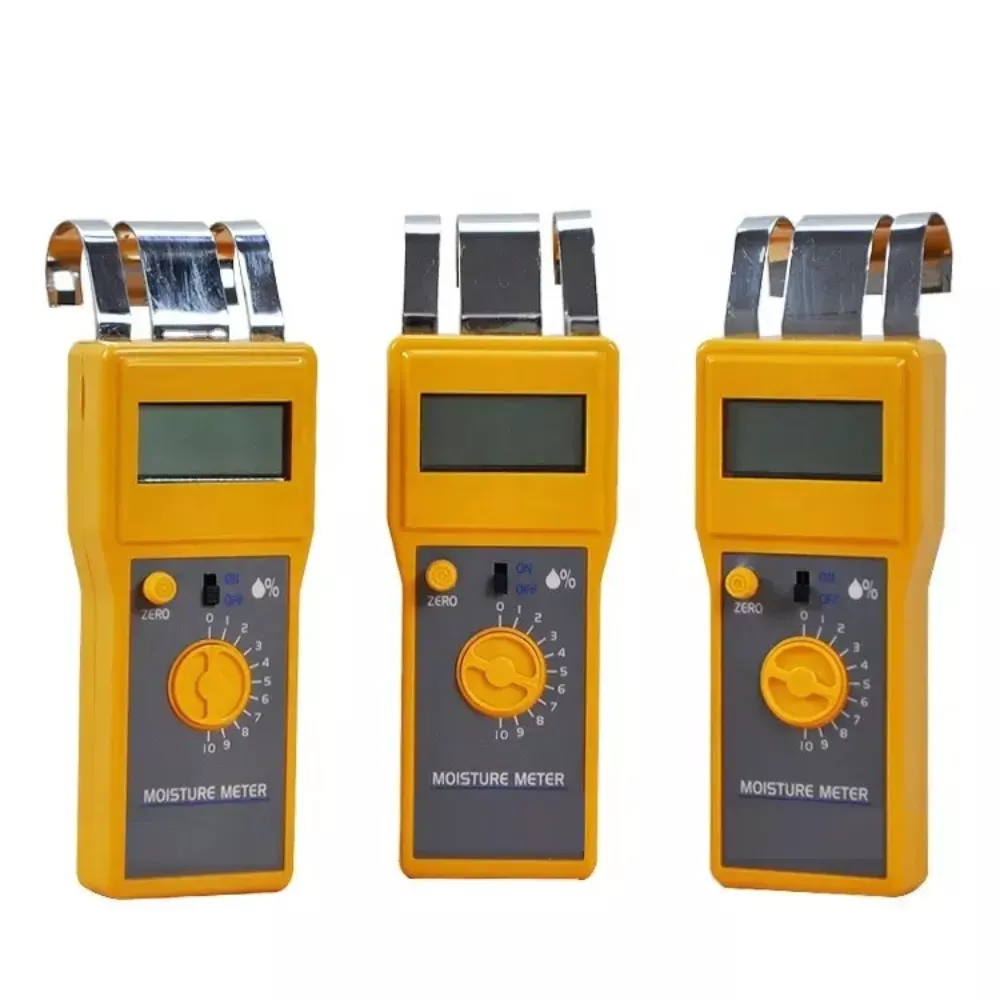
Applications of Coffee Moisture Meters Work
Table of Contents
In the realm of coffee farming, ensuring the consistency and quality of coffee beans is paramount. Coffee moisture meters are essential tools used in various stages of the coffee production process to achieve this goal. They serve multiple purposes, primarily aimed at maintaining optimal moisture levels in coffee beans, which is critical to prevent mold and ensure high-quality yields.
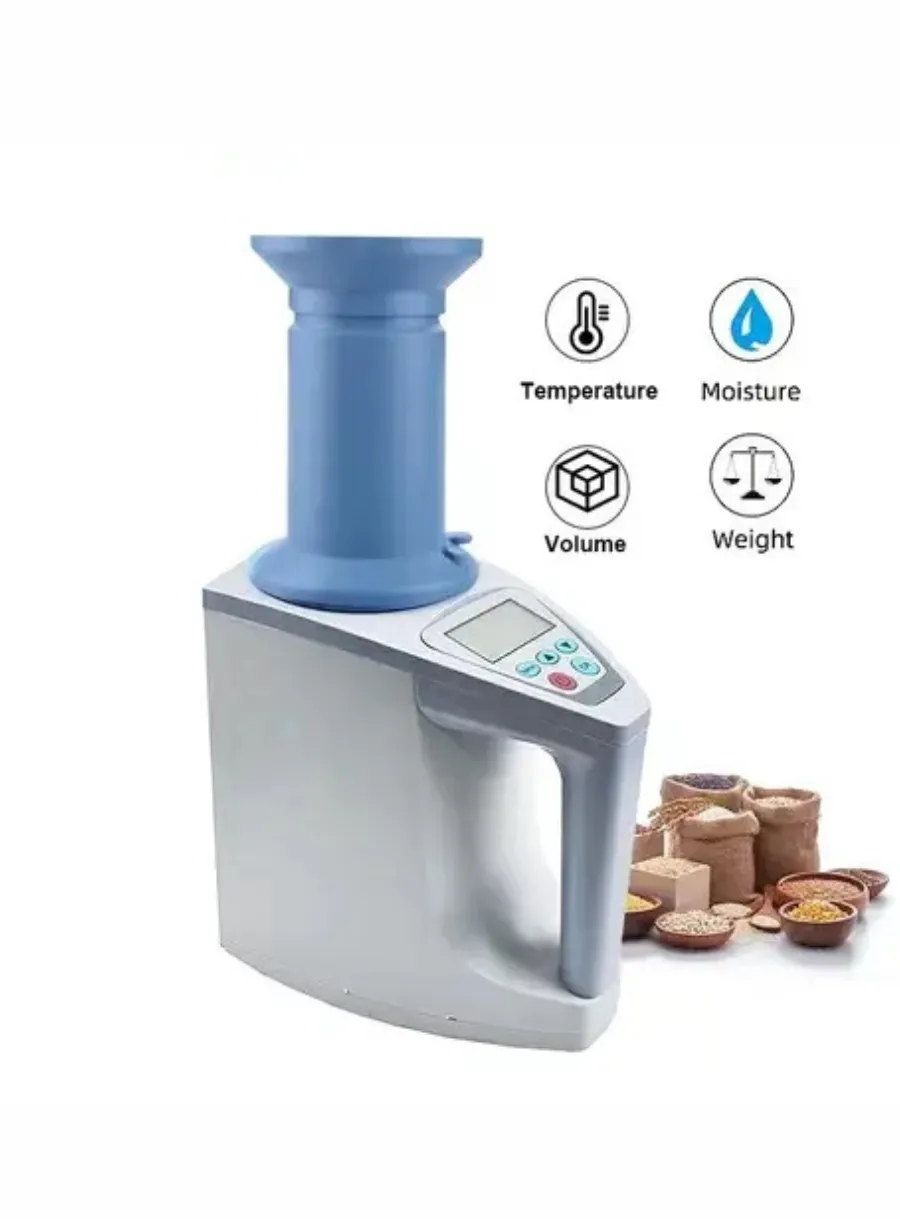
During the harvest season, coffee moisture meters are employed to monitor the moisture content of coffee cherries, which ripen at different times. For specialty coffee farmers, it is crucial to pick and process the ripened coffee separately to avoid inconsistencies in moisture levels, which could adversely affect the quality of the beans and the likelihood of repeat purchases from coffee roasters. This meticulous approach to harvesting ensures that only the ripest cherries are selected, leading to a superior product that stands out in the specialty coffee market.
Post-Harvest Processing: Ensuring Quality Through Moisture Control
After harvesting, coffee beans undergo several processes where moisture levels are critically monitored. These stages include drying, where beans are laid out and dried to the desired moisture content to prevent mold and fungal growth, which can compromise the beans’ quality and safety. Additionally, coffee moisture meters help in the sorting process by identifying beans with inconsistent moisture levels, which are then separated to maintain uniformity in the final product.
Storage and Transport: Preserving Quality to Market
Maintaining proper moisture levels is also vital during the storage and transport of coffee beans. Coffee moisture meters are used to periodically check the moisture content of stored beans, ensuring they remain within the optimal range to avoid quality degradation. This practice helps in safeguarding the beans against environmental factors that could cause unwanted moisture variations, thus preserving their quality until they reach the market or roasters. By incorporating coffee moisture meters at different stages of coffee production, farmers can make informed decisions that enhance the quality and consistency of their crops. This technology not only contributes to the efficiency and sustainability of coffee farming practices but also helps in meeting the high standards demanded by specialty coffee markets.
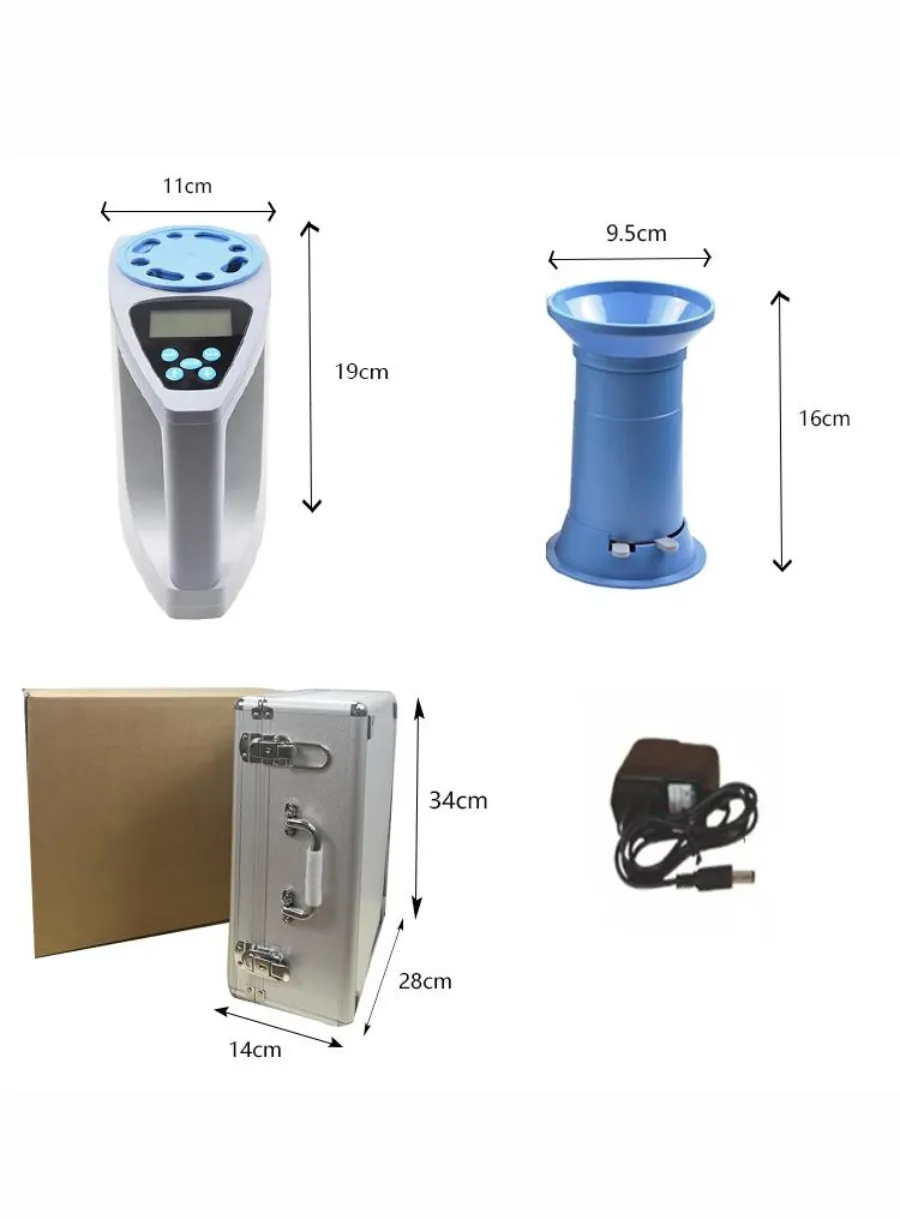
Comments
Tags
Frequently Asked Question
Lorem ipsum dolor sit amet, consectetur adipiscing elit. Ut elittellus, luctus nec ullamcorper mattis, pulvinar dapibus leo.
Coffee moisture meters are crucial for maintaining optimal moisture levels in coffee beans, which is essential for preventing mold, ensuring quality, and meeting market standards.
They are used to monitor the moisture content of coffee cherries, helping farmers select and process only the ripest cherries for superior quality.
During post-harvest processing, these meters help monitor moisture levels during drying and sorting, preventing mold growth and ensuring uniformity in the final product.
They are used to periodically check moisture content of stored beans, ensuring optimal levels are maintained to preserve quality during storage and transport to market.

